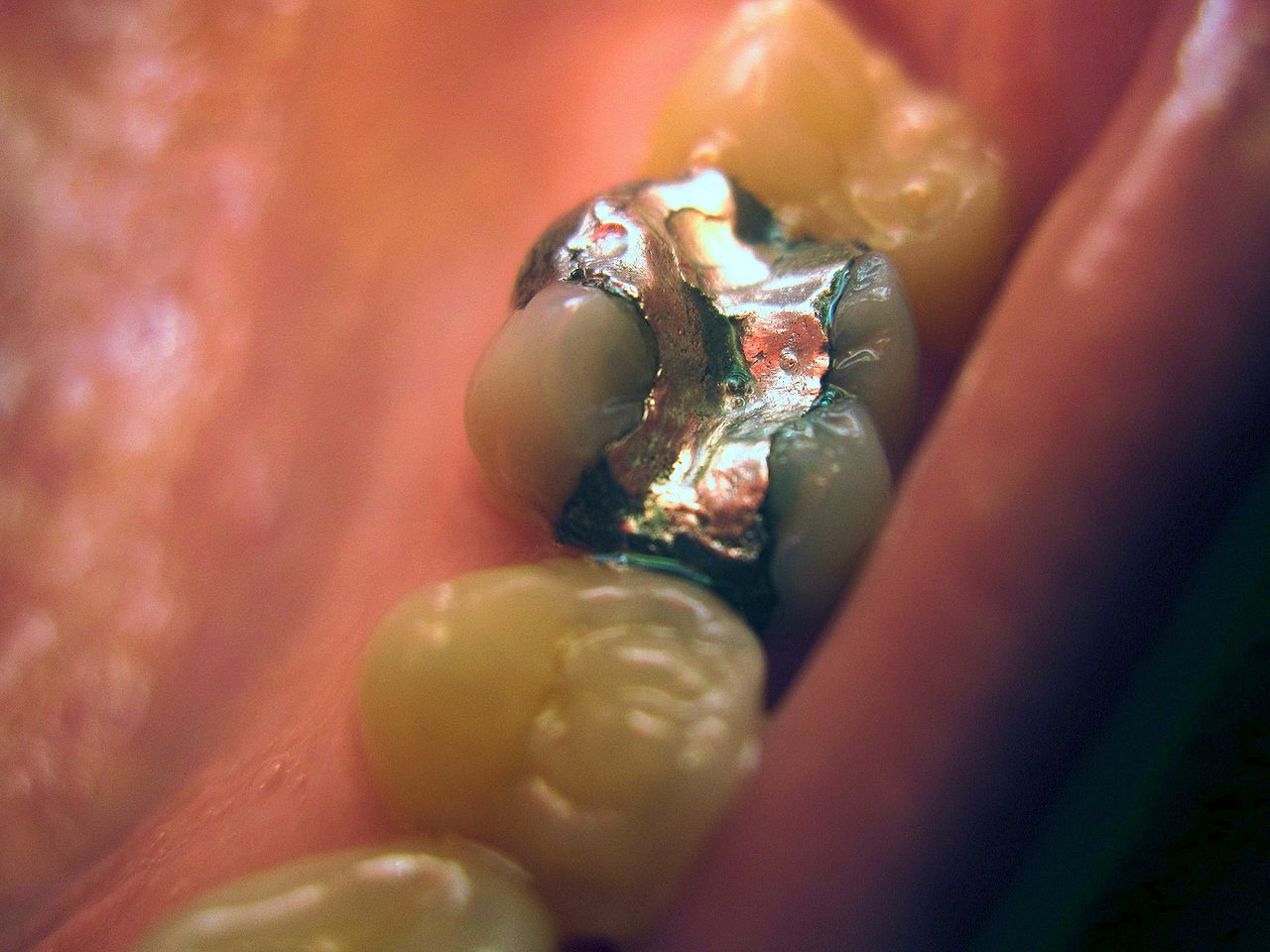Not Treating – A Neglected Option
One of the criticisms of modern medicine is that doctors prescribe too many pills. That’s true. Patients and doctors sometimes get caught up in a mutual misunderstanding. The patient assumes that he needs a prescription, and the doctor assumes that the patient wants a prescription. But sometimes patients don’t either need or want a prescription. I’ll use myself as an illustration. I...

Mercury Must Be Bad – If Not in Vaccines, In Teeth
Those of us who are baby boomers or older can remember playing with mercury when we were young. The thermometer broke, and you pushed the little globules around. Or you fooled around with the stuff in science class. My husband says he used to get mercury to flow over the surface of a dime and make it look really shiny. Who knew...
Diagnostic Dilemmas
Sometimes diagnosis is straightforward. If a woman has missed several periods and has a big belly with a fetal heartbeat, it’s pretty easy to diagnose pregnancy. But most of the time diagnosis is much more difficult. Alzheimer’s can’t be diagnosed for sure until the patient dies and you do an autopsy. If only we had one of those Star Trek gadgets to...
Christiane Northrup, MD: Science Tainted with Strange Beliefs
After her daughter left for college, Christiane Northrup, MD, went for a morning walk one day. About halfway through her walk she developed an ache in her throat radiating up into her jaw. It felt like a fist was squeezing her esophagus. It persisted even after she returned home. What would you have done? I think even the average layperson knows that...
Reading Medical Literature with a Critical Eye
A long time ago I read a study about what makes a good doctor. Some things you might think were important, like grades in medical school, were irrelevant. What correlated the best was the number of medical journals a doctor read. I don’t know whether that means good doctors read more journals or reading more journals makes a better doctor. One thing...
The “Art” of Clinical Decision-Making
Much nonsense has been written about the “art” of medicine. All too often, it amounts to a rationalization for doctors doing what they want to do instead of following the evidence. Medicine is not an art like painting. Neither is it a science like physics. It’s an applied science. Since patients are not all identical, it can be very tricky to decide...
On Being Certain
Neurologist Robert A. Burton, MD has written a gem of a book: On Being Certain: Believing You Are Right Even When You’re Not. His thesis is that “Certainty and similar states of ‘knowing what we know’ arise out of involuntary brain mechanisms that, like love or anger, function independently of reason.” Your certainty that you are right has nothing to do with...
Chiropractic and Stroke
I wonder how many people have heard that chiropractic neck adjustments can cause strokes. It isn’t exactly common knowledge. One organization is trying to raise public awareness through signs on the side of city buses (Injured by a Chiropractor? Call this number) and through TV commercials. I had never heard about this phenomenon myself until a few years ago, when I heard it...
Women in Medicine
Why aren’t there more women in science and medicine? Just because we lack certain anatomical dangly bits, does that mean we’re less capable? Apparently Harvard’s president Lawrence H. Summers thought so. In a classic case of foot-in-mouth disease, he suggested that innate differences between men and women might be one reason fewer women succeed in science and math careers. His comments (in...
Charlatan: Quackery Then and Now
Charlatan: America’s Most Dangerous Huckster, the Man Who Pursued Him, and the Age of Flimflam, by Pope Brock, is not only a rip-roaring good read, but it brings up serious issues about regulation of medical practice and prosecution of quackery. It tells the story of John R. Brinkley MD, who transplanted goat glands into people, and of Morris Fishbein MD, the editor...
